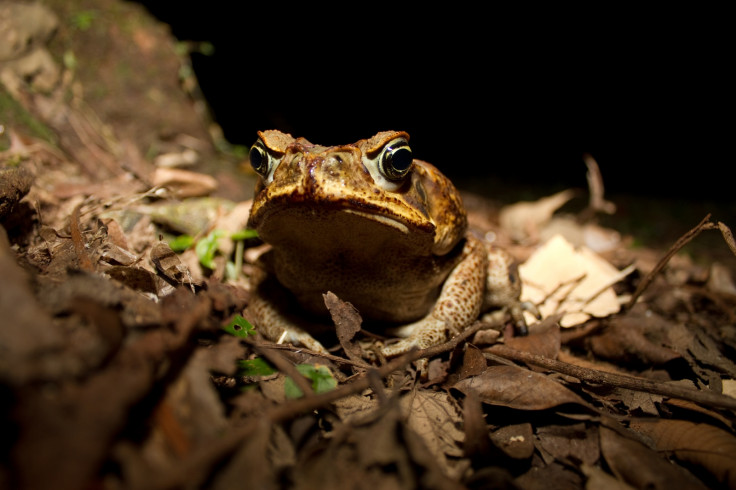Those who believe invasive species aren't a problem are jumping on the post-truth bandwagon
The science of invasive alien species is increasingly being denied, conservationists say.

Scientists are taking aim at people who deny that invasive species are causing a problem for wildlife and the wider environment, identifying these claims as a "special case" of science denial.
Tim Blackburn of UCL in the UK and James Russell of the University of Auckland in New Zealand have singled out articles in the media that they say contradict the body of scientific evidence on 'invasive alien species'. In a paper published in Trends in Ecology and Evolution, they say that articles in the New York Times, the New Scientist and The Economist constitute science denial.
Blackburn and Russell point out that not all species that have spread from one habitat to another due to human activity are damaging. Only those that have a harmful environmental impact are classed as invasive alien species.
"Currently there is a lot of talk about living in a post-truth world, and, as scientists, we don't want to appear precious or to overreact," Russell said in a statement. "But we do see a manufacturing of scientific controversy on an issue where, in fact, no controversy exists."
Attempts to reframe the debate over invasive alien species flies in the face of the scientific consensus that they are harmful to the environment, the authors argue.
"The recent rise in invasive alien species scepticism and denialism is alarming, especially when coming from both popular and scientific quarters, but reflects both scientific uncertainty and underlying motivations and values," the authors write in the paper.
"Science denialism is the rejection of undisputed scientific facts. Denialism differs from scientific debate, which arises from the uncertainty implicit in the scientific method."
The authors link science denialism to those with vested interests to create uncertainty around scientific consensus. In a blog post, Russell compared the case of invasive alien species denialism with activities of the tobacco lobby against scientific consensus on the health risks of smoking.
"Invasion biologists regularly call for increased regulation and restrictions on species transportation, translocation, or trade... it is therefore unsurprising that the tenets of invasion biology and policy are rejected in a framework of science denialism," they state.
© Copyright IBTimes 2025. All rights reserved.






















